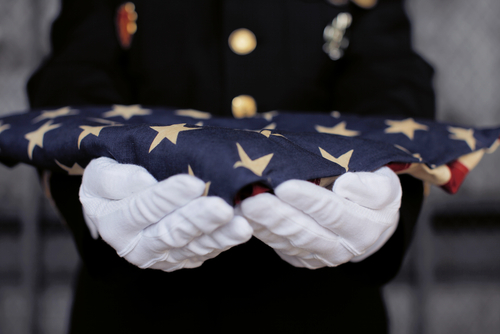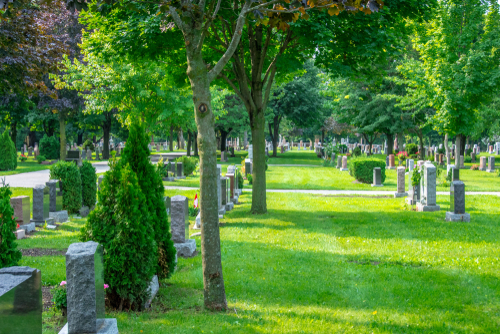In the past, no one pre-planned their own funeral. All funerals were pretty much the same, and it was expected that the surviving family would take care of the final duties. If you were a member of a church, there were certain requirements that had to be met. The funeral home that was selected by the family was usually in the local area, and there was a choice of the city cemetery or the church cemetery.
Today is very different. There are many different options available. More people are preplanning their own funeral and burial. However, there are just as many seniors who have not, and don’t even want to discuss their own death and dying. The challenge is how to find out what your senior would prefer. The sooner that conversation is held, the better.
For the senior, it will be easier to hold this conversation if they don’t feel threatened by imminent death. Many feel it is “bad luck” to discuss your own death. For the person ultimately in charge of final arrangements, the more you know about what your loved one would prefer, the better. You will have to make many decisions very quickly, and you will be dealing with your own grief at the same time. The more you know ahead of time, the less difficult it will be. Here are some things to consider:
1. Does your senior want to have all means used to be kept alive? Do they want CPR given if their heart stops or would they rather wear a Do Not Resuscitate bracelet? This is especially important if your senior has chronic health issues or is of advanced age.
If you are uncomfortable having this discussion with your senior, talk to their doctor and ask the doctor to discuss it with your senior at their next appointment. The doctor can also discuss if your senior has a named POA of health who can take over health decisions when they are incapable, or if they have filled out the health care directives that list their wishes.

2. Death and dying is not always a sudden event. It can be a prolonged illness. You can consider continuing at home senior care with the help of hospice. They will make sure you have all the equipment necessary for the at-home care of your senior and will provide medications and care as needed.
You also have the option of hospice care in a facility. Hospice care is for making the last days as pain-free as possible and as supportive an environment for both the person dying and their family and friends. No treatment will be given to prolong life or cure the cause of the illness.
3. If you know what funeral home you will use, contact them to let them know. That way, when your senior does pass, they have a record of your contact. They will encourage you to make some preliminary decisions, such as whether you want burial or cremation, and which cemetery you will be using if any. Ideally, you can make an appointment to talk about these decisions with your senior, you, and the funeral director.

4. Take advantage of any opportunity to discuss decisions. If your senior attends the funeral of a friend or relative, talk about that funeral, which will be less threatening. Your comments about what you liked or disliked should elicit a response from your senior of agreement or disagreement.
If the senior was in the military, they will qualify for military rites as well. If there is a religious ceremony as part of the funeral, talk about that also. Many funeral homes are advertising on TV now. Use that commercial as a start to the conversation.

5. The last decision is where your senior wants their remains to go. They may have already purchased a burial plot when they were young, or they may want to be buried in their hometown. They may want interment in a mausoleum. There also will be the need for a gravestone or marker. The gravesite can be determined in advance of death, and the gravestone can be placed before death with all the information except the date of death. This is common when a spouse precedes the other in death and they are sharing a gravestone.
Keep in mind that what the senior wants may not be possible, and that is all right. The hope is that the death and dying of your loved one will be peaceful and that you will be able to show your continuing love for them in these last caring responsibilities.

